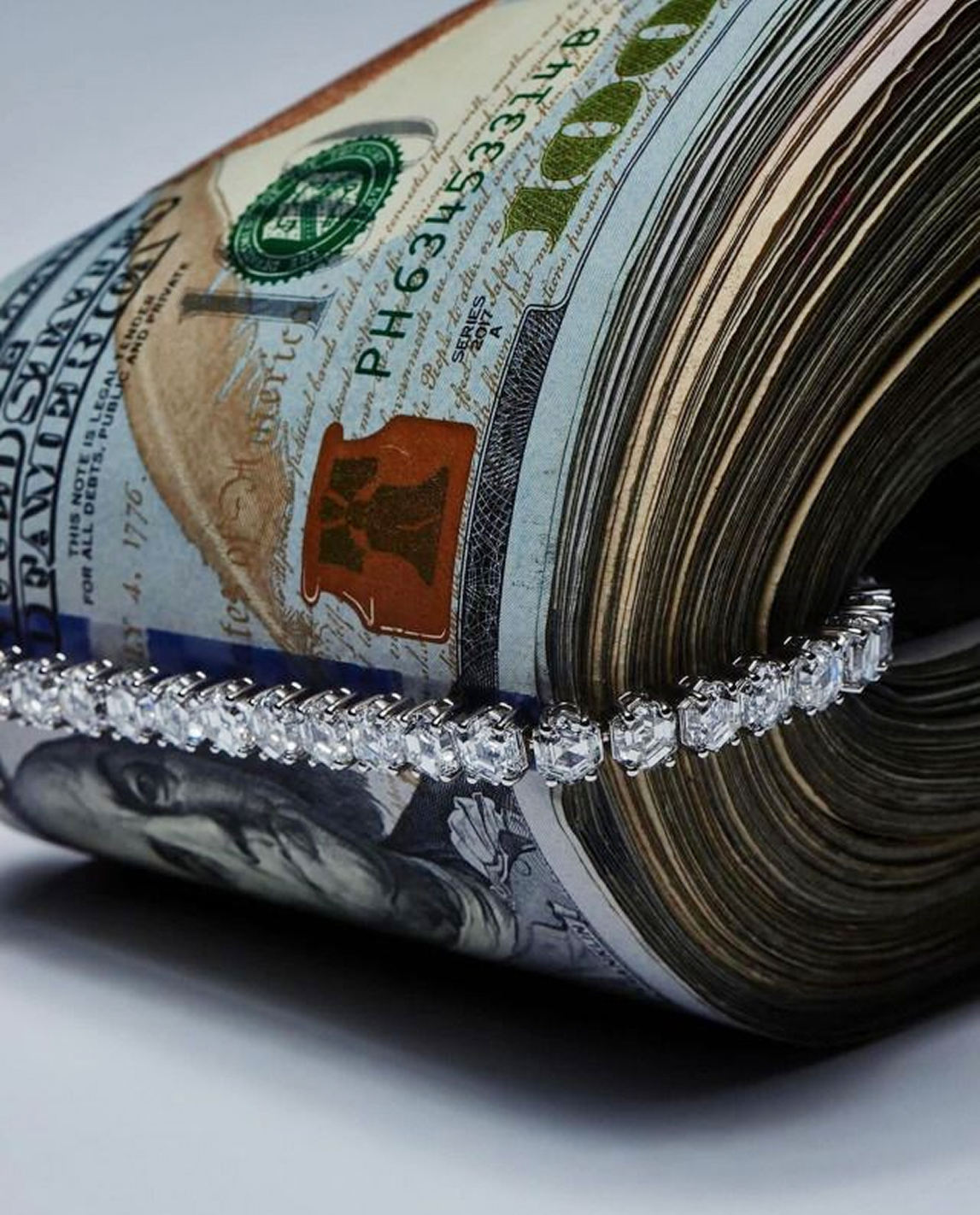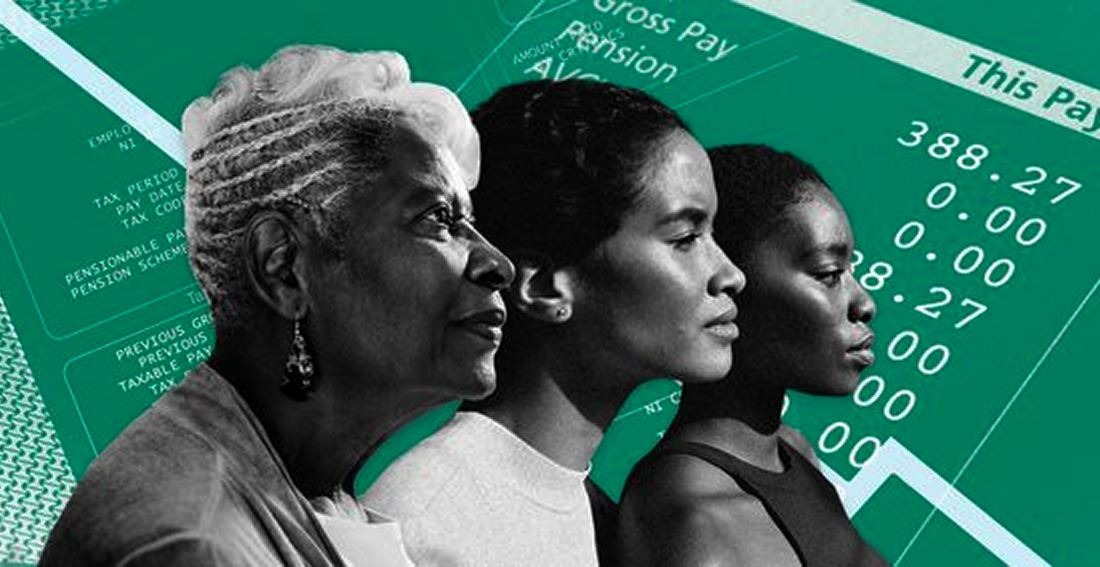Pay Equity for Black Women is still 200 Years Away
Black Women’s Equal Pay Day should be a national conversation – not an afterthought.
Black Women's Labor in the U.S. Has Always Been Exploited
For centuries, Black women’s labor has fueled the U.S., from forced labor under slavery to underpaid service jobs after emancipation. They’ve long faced exploitation, exclusion from labor protections, and wage discrimination even in professional roles. Today’s pay gap – Black women earning just 66 cents to a white man’s dollar – isn’t new. It’s
the legacy of a system built to undervalue their work.
Over a 40-year career, this wage gap can accumulate to nearly $1 million
in lost earnings.
Source: Jenn M. Jackson for Teen Vogue, iwpr
“Black women, especially in the South, often find themselves unable to make ends meet. This is particularly egregious because it is undisputed that Black women gave birth to the labor that made this country one of the greatest economic forces in the world. Equal pay for equal work is our right.”
- Cassandra Welchlin Executive Director, Mississippi Black Women’s Roundtable
It’s Systemic:
→ Without paid family leave, Black women are often forced to choose between a paycheck and caring for a sick child
→ Discrimination and harassment drive Black women out of higher-paying fields
→ Political backlash against DEI efforts is shrinking opportunities and visibility
→ Many Black women endure harassment in silence, relying on tips to survive on a subminimum wage as low as $2.13/hour
→ Black women are overrepresented in caregiving roles, and caregiving work is seen as having less value
→ All of this unfolds alongside attacks on reproductive freedom – a key pillar of economic agency
Source: Equal Rights Advocates, The Senior Alliance
And Education Doesn’t Close the Gap
Higher education generally increases earnings for everyone, but it doesn’t eliminate disparities. For Black women who attain higher degrees such as Master’s degrees or Medical Degrees, the wage gap steepens as their education levels rise.
Source: Forbes, iwpr / Data from 2018–2022
Just like Women's Equal Pay Day the date has moved back since last year, highlighting the persistent and growing pay gap rooted not just in gender, but in race - so where is the energy for Black Women's Equal Pay Day?
In 2024, Women's Equal Pay Day received 20 times more press coverage than Black Women’s Equal Pay Day.
Source: Media Cloud
No spotlight. No headlines. No progress.
1/3
One in three Americans don’t know there’s a gap between Black women and white men.
1/2
Half aren’t aware of the gap between Black women and white women.
2/5
And among those who are aware, 40% underestimate just how wide that gap is.
If people don’t know there’s a problem, they can’t be part of the solution.
Source: LeanIn.org
Right now, job losses are hitting Black women hard. That should worry us all.
For the past three months, Black women’s unemployment has hovered around 6% – nearly twice that of white women and men. Black women are overrepresented in stable federal, healthcare, and education jobs and rising unemployment signals trouble for the broader economy.
“Black women, show up as a canary in the coal mine, giving a picture of what may happen to everyone else later”
- Jessica Fulton, a senior fellow at the Joint Center for Political and Economic Studies
Where Equity is Denied, Black Women Build
Blocked by pay gaps and discrimination, many turn to entrepreneurship—not just
for income, but for freedom, stability, and community power.
Black women are the fastest-growing group of entrepreneurs in the U.S., generating $422B in revenue and employing over 647,000 people nationwide.
Source: Amex, Lendio, Wells Fargo
Success in Spite of the System Isn’t Equity
Black women-owned businesses generate $98.3B and drive growth nationwide—yet funding remains out of reach.
Entrepreneurship isn’t a fix for inequality. It’s another place where we must invest, support, and advocate.
TAKE ACTION
→ Call your representatives and ask them to Defend Independent Civil Rights Enforcement Agencies and support the Paycheck Fairness Act.
→ Open up about your pay. Sharing that knowledge with Black women can be a tool for equity.
→ Support Black women-owned businesses.
→ Share this post to amplify Black Women's Equal Pay Day.







